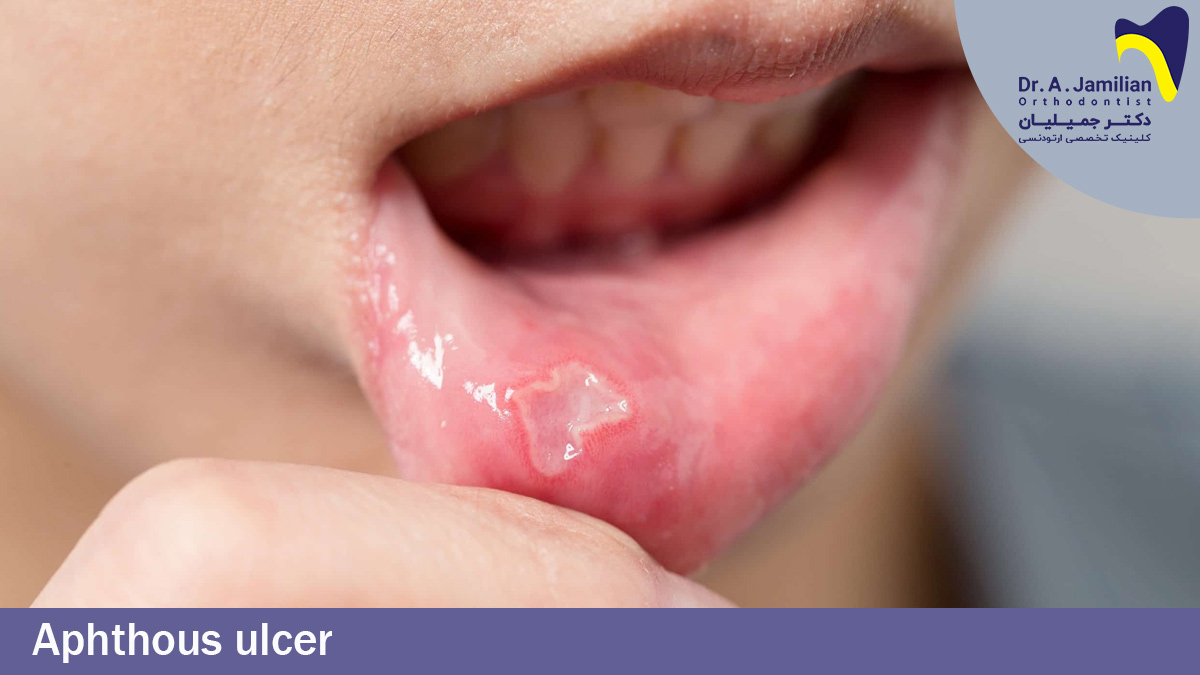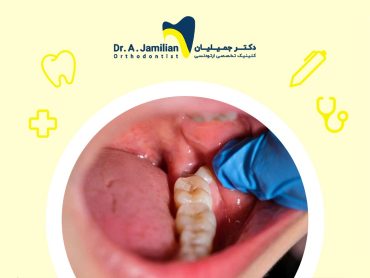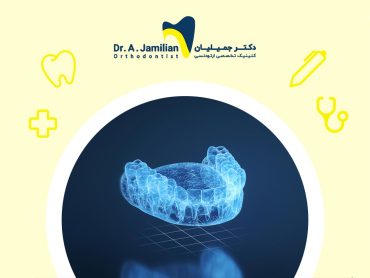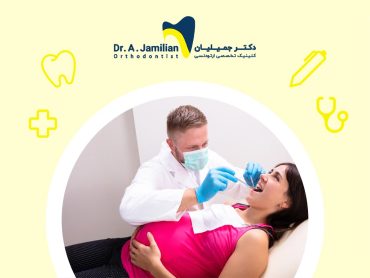Aphthous ulcer is a condition characterized by superficial or deep ulcers of different sizes and colors inside the mouth. This may be on the lips, or under the tongue. There are a variety of causes for aphthous ulcers. Additionally, it is a non-contagious condition that should not be confused with ulcers around the lips caused by cold or herpes. Here I explain different types of aphthous ulcer as well as its most important causes.
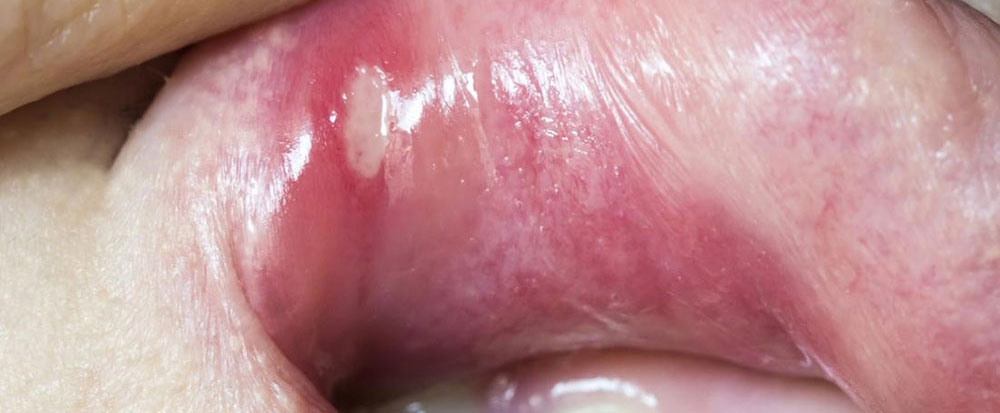
The measurement of the plasma levels of iron, folic acid, and vitamin B12 is one of the methods for diagnosing aphthous ulcers. However, blood tests are more commonly applied for this purpose.
Types of aphthous ulcer
Aphthous ulcers can be classified into three different types: minor, major, and herpetiform.
- Minor aphthae: Minor aphthae is a common form of aphthous ulcer often located on the labial or buccal mucosa, the soft palate, and the floor of the mouth. They can be singular or multiple and tend to be small (less than 1 cm in diameter) and shallow. That is why they are called “minors”. Minor aphthae usually take about 10-214 days to improve. Unfortunately, aphthous ulcer may cause several minor aphthae inside the mouth and pose many problems for the patient. Minor aphthae mainly affect the lips, tongue, and gums.
- Major aphthae: Major aphthae are larger and involve deeper ulceration and usually take longer to heal. If you have major aphthae, you need to visit an oral medicine doctor to improve them. Major aphthae usually affect tonsils and cause severe pain, especially when eating.
- Herpetiform: Herpetiform aphthae are more numerous and vesicular in morphology. This type of aphthous ulcers usually occurs in adults and is less likely to scar with healing.
Oral diseases may sometimes have similar symptoms. For example, some people may confuse leukoplakia with aphthous ulcer. Be sure to visit a specialist for the differential diagnosis of oral diseases.
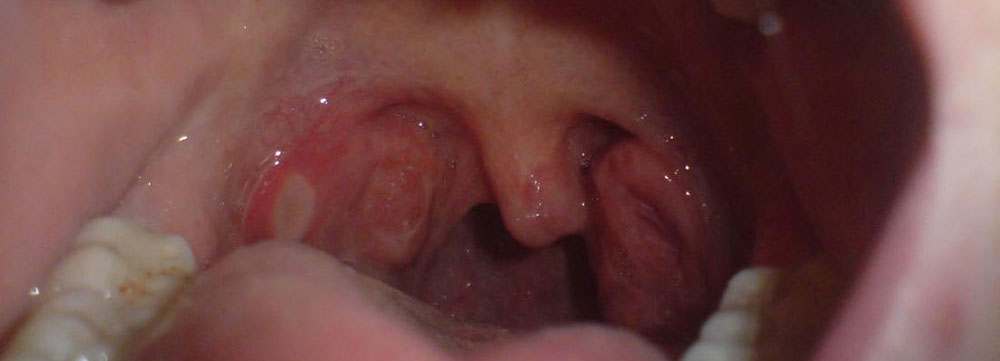
Causes of aphthous ulcer
Aphthous ulcer may be caused by minor or acute problems.
Minor complications in the body that can lead to aphthous ulcer include:
- Acute oral ulcers.
- Tongue ulcers.
- Lesions on soft or hard palate.
- Round white or gray ulcers inside the mouth.
- Dental infections
Acute causes of this condition also include:
- Fever
- Physical weakness
- Swollen lymph nodes
- Recurrent aphthous ulcer (RAS)
The latter is more common among children but its cause is still unknown. It is noteworthy that the above-mentioned symptoms may vary from person to person. The immune system of humans usually fails to resist one of these conditions, providing conditions for the appearance of aphthous ulcers. The prevalence of aphthous stomatitis is higher in women than men, and it commonly occurs during infancy and old age. Reason being, as people grow, the immune system begins to weaken. It often takes about two weeks for the aphthous ulcer to heal. However, you can shorten this period by taking special measures such as regular mouth rinsing.
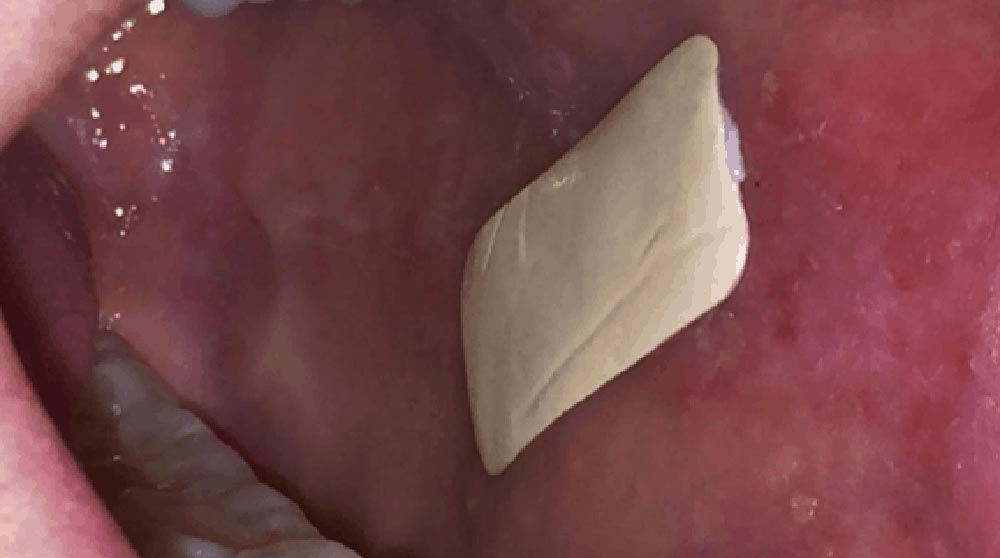
Treatment of aphthous ulcer
Before anything else, you need to visit a dentist or an oral medicine doctor. However, until you do so, you can use the following home remedies to improve aphthous ulcer.
- Avoid salty and spicy foods that irritate the mouth
- Drink plenty of water and natural juice
- Regularly gargle with warm water or normal saline (a mixture of salt and water)
- Always keep your mouth and teeth clean
- Take anti-inflammatory and analgesics such as paracetamol
- Apply an appropriate amount of antiseptic gel to your aphthous ulcers
Post-treatment care
Note that aphthous ulcer is a recurrent condition, and aphthous ulcers may appear once again if the improved area is irritated. Therefore, it is recommended to avoid eating foods and fruits that irritate the oral mucosa. For example, avoid pineapple, grapefruit, orange, or lemon until complete recovery. Moreover, consume these fruits cautiously after the recovery, and immediately rinse your mouth with water after having them. Consume more high-fiber fruits and get enough vitamins and minerals. Do not get stressed out chewing food and avoid having very hot or very cold foods. If you have an orthodontic appliance in your mouth, you can ask your orthodontist to cover the sharp parts of the bracket with wax to prevent mouth sores.
Treatment of aphthous ulcers on gums
Treatment of aphthous ulcers on gums is the same as what mentioned above. Keep in mind that the first step is to visit a dentist or an oral medicine doctor. Rinsing your mouth with an antibacterial mouthwash may help you improve the process of healing aphthous ulcers.
If aphthous ulcers on gums are in contact with oral mucosa and lips, you may protect them with special covers to prevent friction between them. Along with that, cold compression therapy, cooling oral gels can help reduce inflammation and improve aphthous ulcers on gums. Additionally, it is also recommended to use aloe vera gel and toothpaste to reduce inflammation and ulcers on gums.
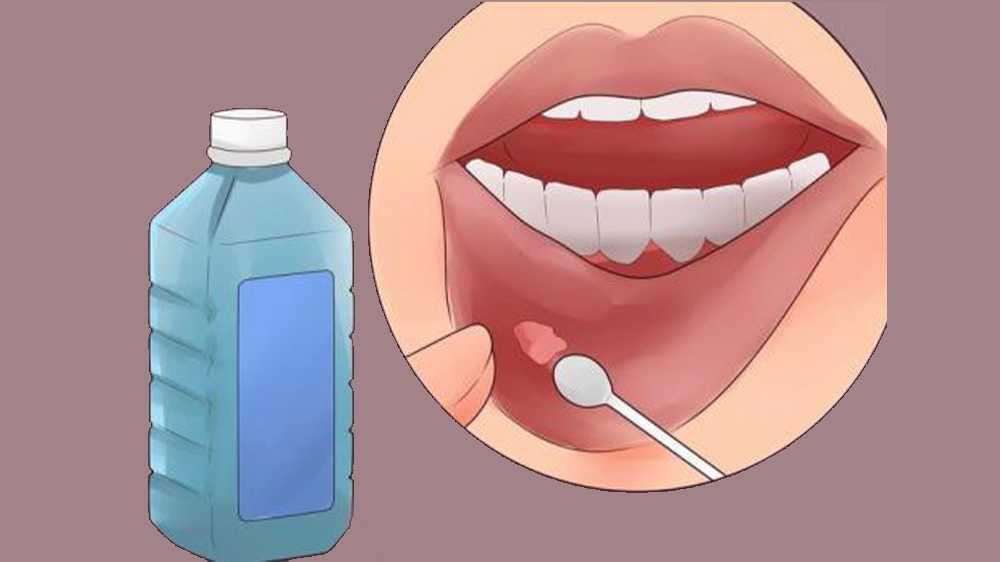
Medications for aphthous ulcer
Different solutions or tablets may be prescribed for treating aphthous stomatitis. However, since there are multiple causes of aphthous stomatitis, it is not possible to introduce a certain solution or tablet for the definitive treatment of this condition. An oral medicine doctor can diagnose the cause of aphthous ulcer: vitamin deficiency, allergies, or bacterial infections.
Hydrocortisone tablets
Hydrocortisone buccal tablets relieve the soreness of mouth ulcers and speed up healing. These tablets can be provided from pharmacies both as a prescription or over-the-counter drug.
Barij myrtex solution
This is a specific solution that can help to relieve symptoms. This solution contains myrtle essence that has antibacterial properties and can reduce gingivitis and effectively strengthen the gums. You can use this solution until your symptoms improve. To this end, pour 5-6 drops of the solution on a piece of Pour the drops on a small piece of linen and apply on aphthous ulcers and then let the solution remain on ulcers for at least 10 minutes. The myrtex solution helps to heal the symptoms of small ulcers up to 5%.
Aphthous ulcer FAQ
Aphthous ulcer can be treated in its early stages by using milk and magnesium. In addition, over-the-counter benzocaine products (specifically local anesthetic) such as Orajel, Anbesol and cold compression therapy may effectively improve aphthous ulcers.
The longer the treatment of aphthous stomatitis is delayed, the more likely it is to develop. Open aphthous ulcers are suitable places for the growth and proliferation of bacteria that can increase the risk of infections. Since the oral cavity is one of the active areas of the body that plays a major role in the body’s immune system, any mouth ulcer or abnormality should be taken seriously and treated as soon as possible.
Aphthous ulcer is a condition characterized by benign mouth ulcers, whereas oral cancer refers to the abnormal growth or destruction of oral tissue (which is usually diagnosed through oral tissue sampling). Some aphthous ulcers that do not respond to common treatments may be a breeding factor for oral cancer.
Aphthous stomatitis is normally a non-contagious condition and cannot be transmitted through kissing or using shared personal accessories. In cases where aphthous ulcer is caused by a viral agent, it may be transmitted through physical contact, especially when the patient’s skin is already damaged or sore and their immune system is weak.
